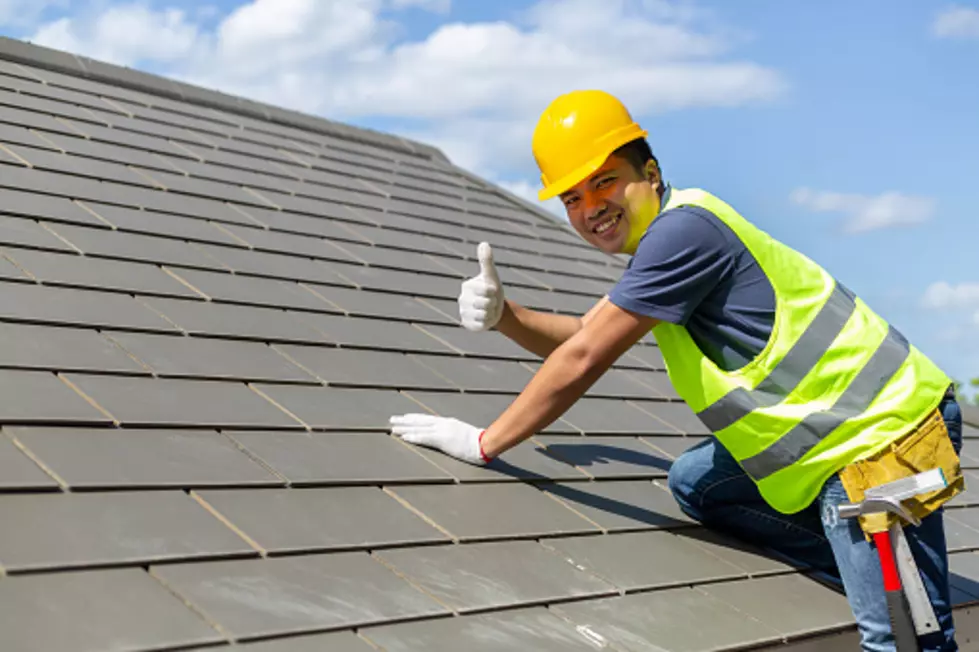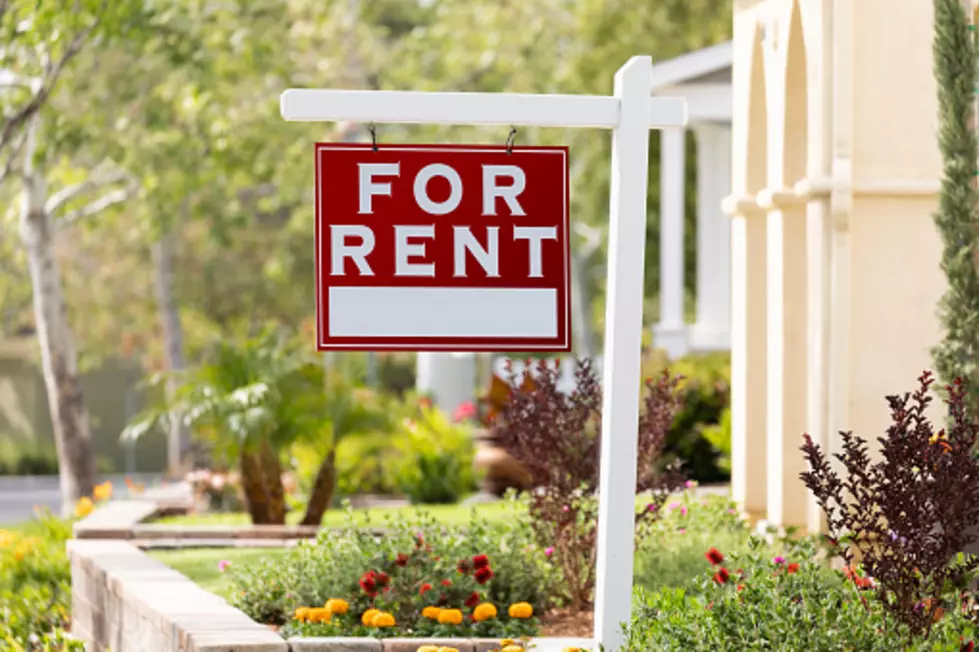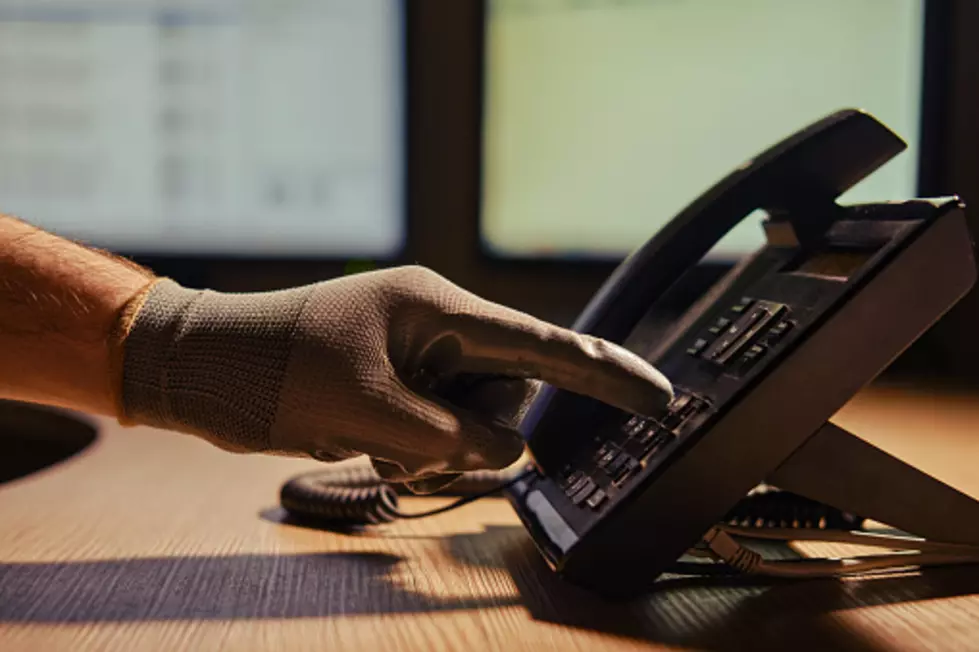
Rockford BBB Warns Of Storm Chaser Scammers
We just got our first taste of strong spring storms, and some of us took some damage from them. Beware of who shows up offering help.
We're sure to get more storms, big and small, throughout the spring and summer. And, those storms will cause roof damages, downed trees, etc. Whenever a community suffers storm damage, one thing is certain.
Scammers will show up looking to cash in and get out of town.
I'm looking at a note from Dennis Horton, Director of the Rockford Regional Office of the Better Business Bureau (BBB), and he wants you to know about "Storm Chasers."
No, not the ones from the Weather Channel that follow tornadoes across the plains states each summer. These storm chasers chase storm damage from one community to the next, and scam the locals looking for repairs to their damaged property.
BBB's Dennis Horton:
Now more than ever, people working with businesses they can trust has never been more important. Although not all storm chasers are scammers, they often lack the proper licensing, offer quick fixes, or make big promises they can’t deliver. Consumers should always resist high pressure tactics and make sure to research contractors before hiring. BBB is reminding homeowners affected by the sever weather to beware of “storm chasers” and out-of-town contractors soliciting business.
Here are some of the BBB's tips in dealing with post-disaster damage:
Contact your insurance company. Ask about your policy coverage and specific filing requirements. Save all receipts, including those for food, temporary lodging, or other expenses that may be covered under your policy. Your insurance company may also have recommended contractors.
Public Adjusters. Are independent and do not work for the insurance companies. Choose a public adjuster carefully. Be sure you understand what services the public adjuster will provide and the fees he/she will charge. Illinois law requires that the public adjuster and the contract you enter be licensed/approved by the Department of Insurance. You do not have to hire a public adjuster. You may contact the Department to verify a public adjuster is licensed and the contract has been approved.
Do your research. Find businesses you can trust on BBB.org. We have BBB Business Profiles on more than a million home contractors. Check your state or provincial government agency responsible for registering and/or licensing contractors. Get references from friends and relatives.
Resist high-pressure sales tactics. Some storm chasers use tactics such as the “good deal” you’ll get only if you hire the contractor on the spot. Be pro-active in selecting a contractor and not re-active to sales calls on the phone or door-to-door pitches. Disaster victims should never feel forced to make a hasty decision or to choose an unknown contractor.
Be especially careful of door-to-door contractors. Many municipalities require a solicitation permit if salespeople go door-to-door. Ask for identification. Check their vehicle for a business name, phone number, and license plates for your state or province.
Don’t sign over insurance checks to contractors. Get an invoice from the contractor and pay them directly (preferably with a credit card, which offers additional fraud protection over other forms of payment). Don’t sign any documents that give the contractor any rights to your insurance claims. If you have questions, contact your insurance company or agent.
Be wary regarding places you can’t see. While most contractors abide by the law, be careful allowing someone you do not know to inspect your roof and other areas of your house. An unethical contractor may actually create damage to get work. The same goes for attics, crawl spaces, ducts, and other places you cannot easily access or see for yourself.
BBB is also warning contractors to beware of storm chasers who offer to pay local construction companies substantial amounts of money to use the business’s established name, reputation, and phone. They masquerade as a local business, collect the insurance money and then move on, leaving the real business to deal with unsatisfied customers due to bad workmanship, unfinished work, or unfulfilled warranties.
More From WROK 1440 AM / 96.1 FM









